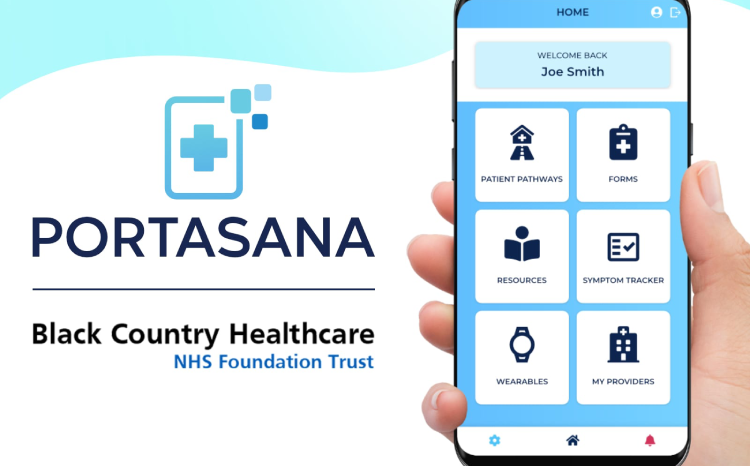King’s College London to deliver healthcare AI model
- 9 December 2019

King’s College London (KCL) is partnering up with two companies to deliver an artificial intelligence model in the healthcare and life sciences sector.
KCL is joining forces with Owkin, a company that develops AI algorithms for cancer centres and pharmaceutical companies, and American technology company, NVIDIA, to provide Federated Learning, a framework for AI.
Federated learning is a machine learning technique that trains an algorithm across multiple decentralised servers holding local data samples, without exchanging their data samples. Owkin aims to demonstrate that the Federating Learning model is safer for patients, and statistically equivalent to the traditional pooled model for analysis.
KCL will use Owkin’s Federated Learning software and NVIDIA’s EGX Intelligent Edge Computing platform to develop research, clinical and operational improvements across a large number of clinical pathways, with cancer, heart failure, dementia and stroke likely areas of early focus.
Sebastien Ourselin, professor of healthcare engineering at KCL, said “We are very pleased to welcome Owkin into our consortium of partners. Owkin are thought leaders in the new field of federated learning, and will make an important contribution to the AI Centre by providing the software layer that allows models to be built, orchestrated, secured and traced as they travel between our hospital and university partners.
“This is enables us to learn from data at scale, while preserving patient privacy. It also ensures that the predictive models developed from patient data are representative and unbiased because they will be trained on the widest possible population of patient data, which in phase 1 includes one third of the London population and will extend far beyond London in coming years.”
In the first phase, the King’s College London Medical Imaging and AI Centre for Value Based Healthcare (AI4VBH) Centre, will merge the data of three universities (King’s College London, Imperial College, and Queen Mary University of London) and four London teaching hospitals .
Phase 2 will extend the hospital network by up to 12 hospitals throughout the UK.





